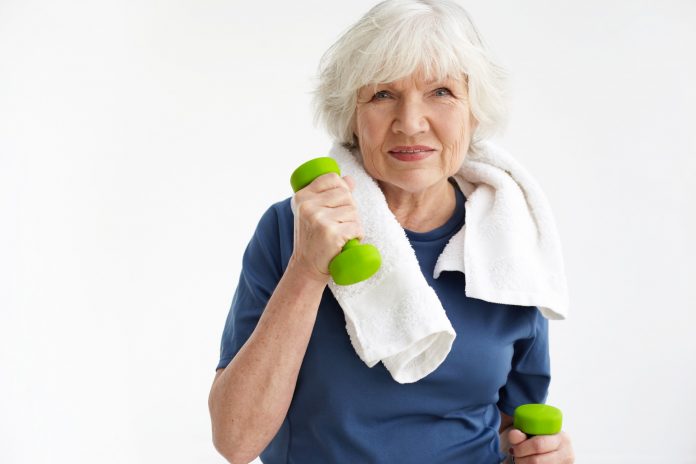Men and women aged over 50 can reap similar relative benefits from resistance training, a new study led by UNSW Sydney shows.
While men are likely to gain more absolute muscle size, the gains relative to body size are on par to that of women.
The findings, recently published in Sports Medicine, consolidated the results of 30 different resistance training studies involving over 1400 participants. This paper specifically compared the results of men and women aged 50 and over.
“Historically, people tended to believe that men adapted to a greater degree from resistance training compared to women,” says Dr Amanda Hagstrom, exercise science lecturer at UNSW Medicine & Health and senior author of the study.
“The differences we found primarily relate to how we look at the data – that is, absolutely or relatively. ‘Absolute’ looks at the overall gains, while ‘relative’ is a percentage based on their body size.”
The paper is the first systematic review and meta-analysis to examine whether older men and women reap different resistance training results. The findings add to past research on differences in younger adults (18-50), which suggested that men and women can achieve similar relative muscle size gains.
The researchers compared muscle mass and strength gains in 651 older men and 759 older women across the 30 studies. The participants were aged between 50 and 90, with most having no prior resistance training experience.
While 50 is not typically considered an ‘older adult’, it was selected as the threshold for this study given the potential for menopausal hormone changes to influence resistance training outcomes.
“We found no sex differences in changes in relative muscle size or upper body strength in older adults,” says Dr Hagstrom.
“It’s important for trainers to understand that women benefit just as much as men in terms of relative improvement compared to their baseline.”
To access the study, click here.










